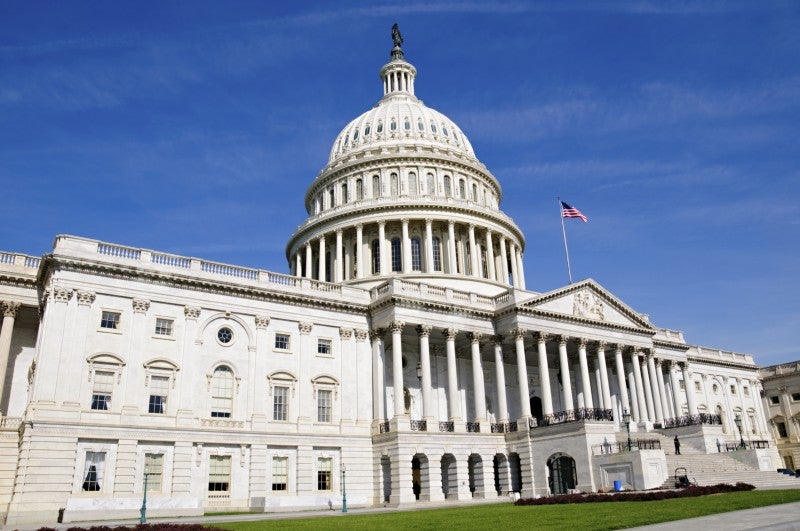
Photo Credit | iStock Photo
House Speaker John Boehner has resigned amid pressure from his Republican Party members, and the possibility of a government shutdown looms in the balance — be it this week, or on December 11th, the next shutdown deadline. In short: Congress is in a rampant state of dysfunction.
The Partnership for Public Service (PPS) is a nonpartisan, nonprofit organization that aims to revitalize the federal government by inspiring a new generation to serve and transforming the way government works. In its most recent report, “Government Disservice: Overcoming Washington Dysfunction to Improve Congressional Stewardship of the Executive Branch,” PPS maintains that the issues facing our nation — including terrorism, government debt, and climate change — will not be solved until cooperation and compromise are commonplace within Congress. The report also includes interviews with former government executives, who reveal their thoughts on how partisanship and gridlock have affected the multi-trillion dollar enterprise that is Capitol Hill.
In a discussion on overlapping committee jurisdiction, the report references a piece by the Aspen Institute Justice and Society Program (JSP): “Task Force Report on Streamlining and Consolidating Congressional Oversight of the US Department of Homeland Security.” Citing JPS’ research, PPS argues that multiple overseers for committees, subcommittees, caucuses, and commissions busies staff members with congressional inquiries, forcing them to ignore more pressing departmental work.
Former US Agriculture Secretary and Congressman Dan Glickman, executive director of the Aspen Institute Congressional Program, and former Sen. Byron Dorgan, creator of the Center for Native American Youth at the Aspen Institute, are also mentioned in the PPS report. Both spoke to the harmfulness of government shutdowns.
“Shutdowns contribute to the belief that the system of government isn’t working, and that’s really harmful,” Glickman said. Dorgan echoed Glickman’s sentiments, noting that failures to pass budgets or meet legislative deadlines have negative consequences that trickle down to all Congressional agencies.
Read the PPS report in full or watch the recap video to learn more about PPS’ findings on ways to address congressional dysfunction.

